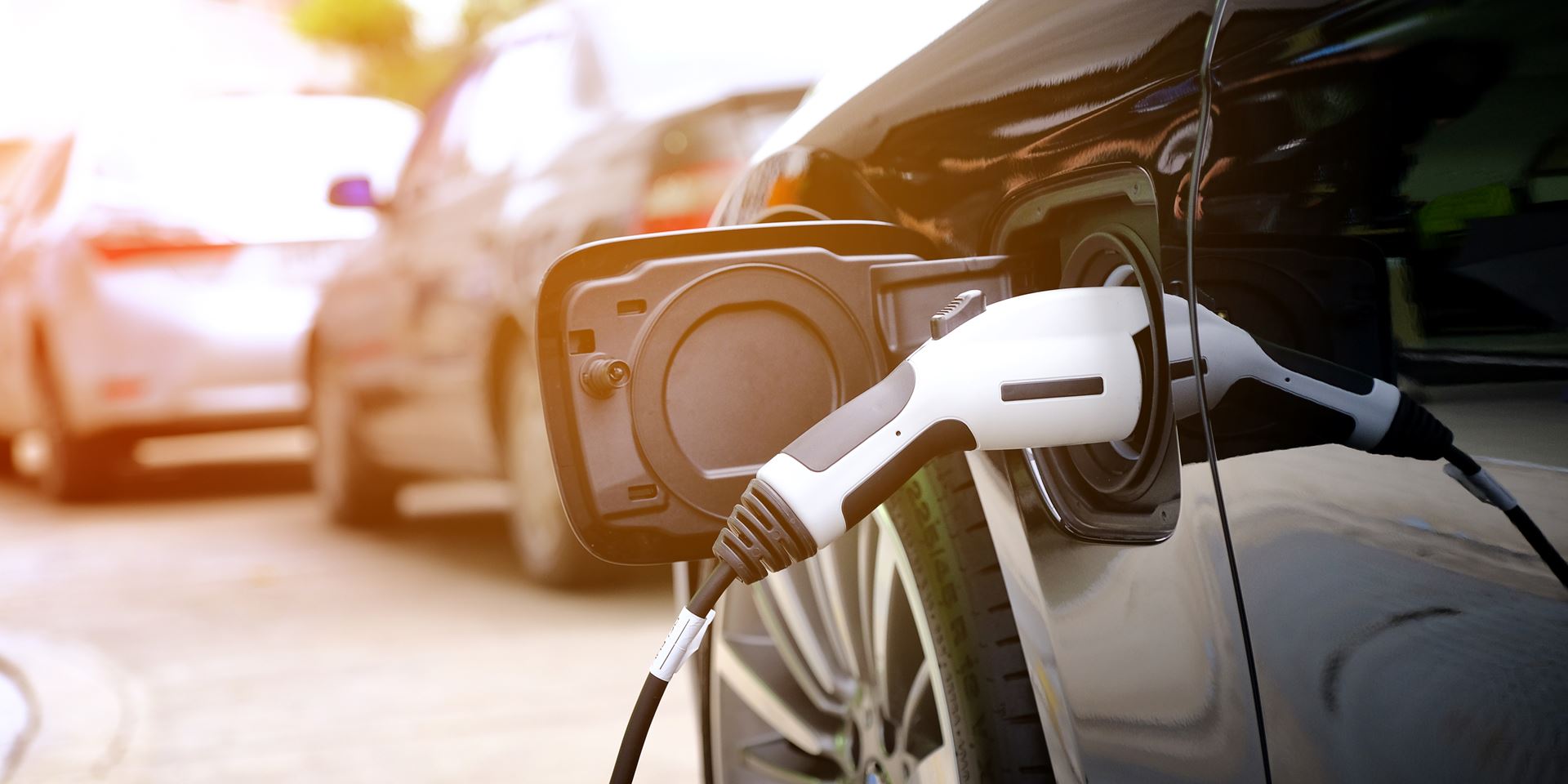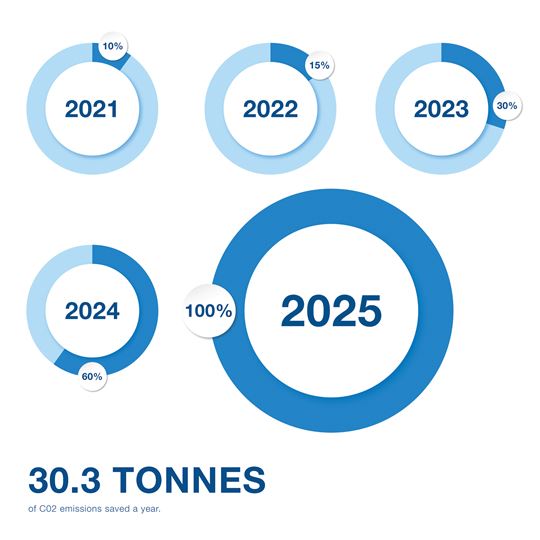What DCS is Doing to Lessen Our Carbon Footprint

According to the Climate Change Committee, the full transition to electric vehicles will be one of the most important factors to achieve the UK’s Net Zero target by 2032. Considering this, DCS has targeted to have a fully electric car fleet by 2025.
Last year, DCS exceeded the electric vehicle target of 10% of the total fleet. At the end of 2021, the company fleet consisted of 59 conventionally powered vehicles and 10 hybrid or electric cars, which works out as 14.5%. This is already on target for 2022 (15%), followed by a significant jump to 30% in 2023.
The company is aiming for 60% in 2024, and by 2025 the entire fleet will be electric. Based on reported mileages from 2019 (pre-COVID19), this will save 30 tonnes of CO2 per year.
The Banbury site uses about 1173 MWh of electricity each year. This is enough to boil more than 10 million 1-litre kettles of water! To start the move to renewable energy at DCS, the first array of solar panels was installed on the roof of the warehouse at the Banbury headquarters. They became operational at the end of May last year and they have generated over 190 MWh since then. This represents a saving of 48 tonnes of CO2 – equivalent to planting more than 2000 trees.

